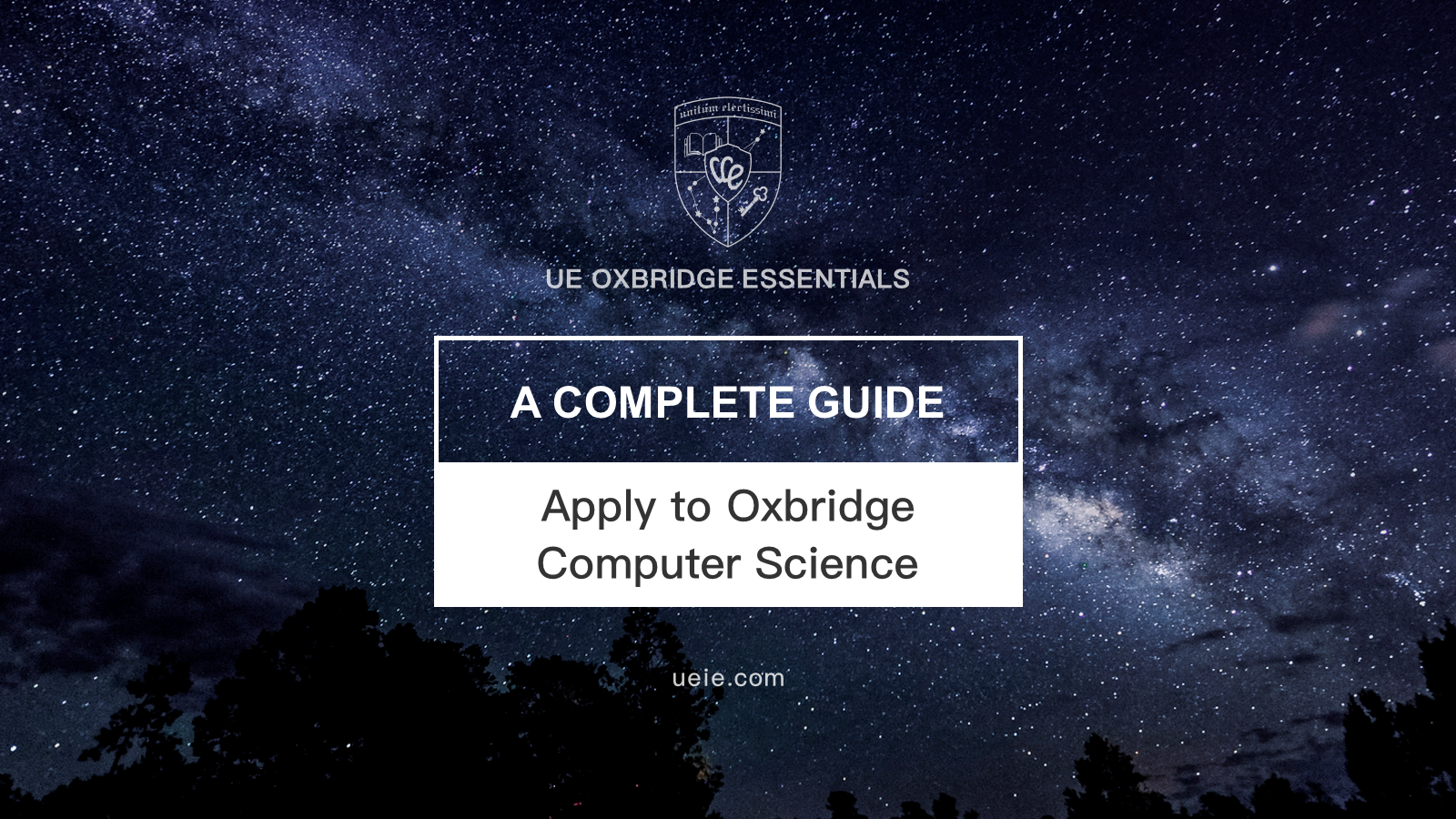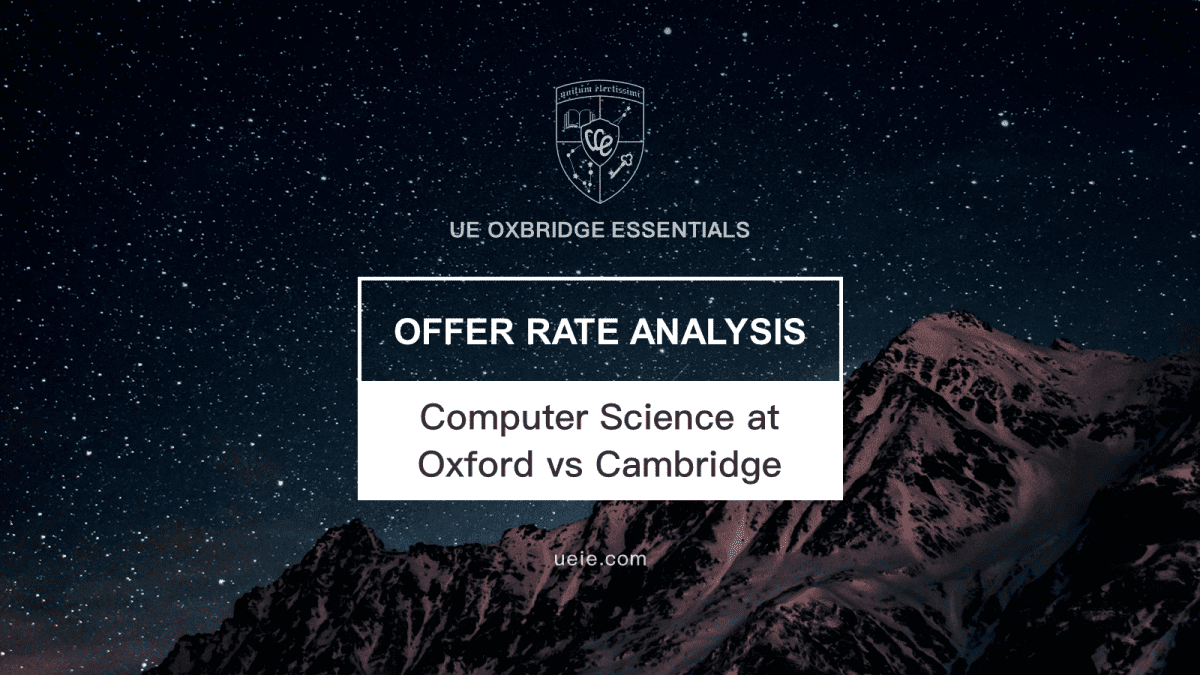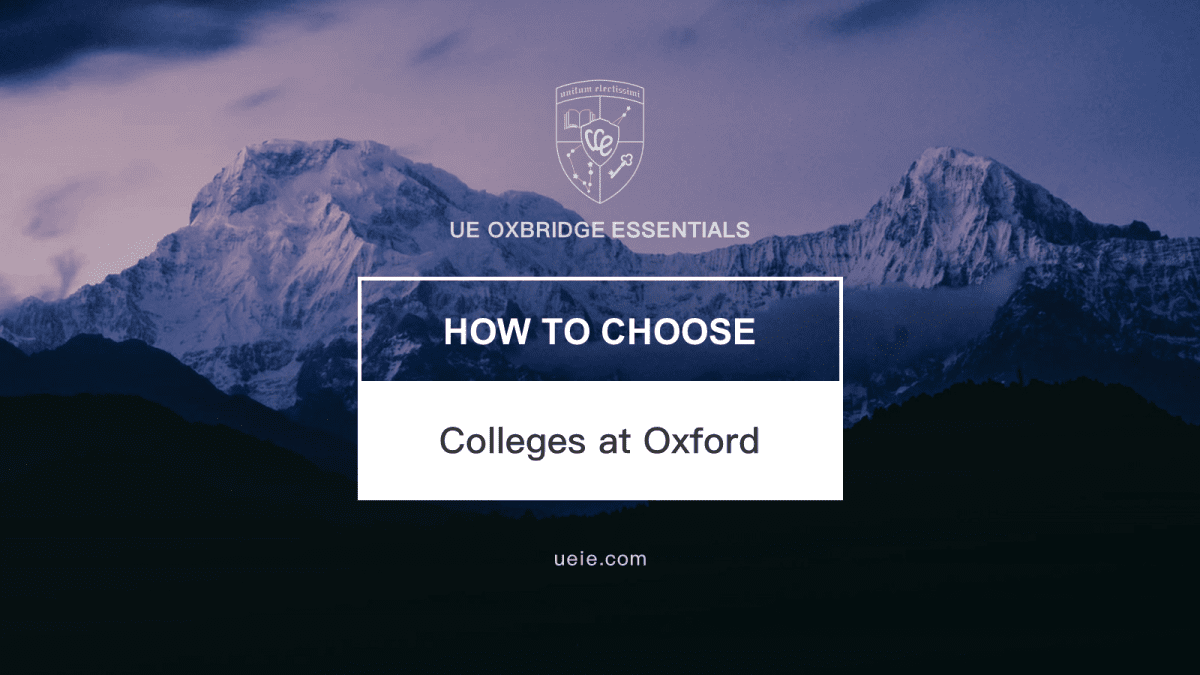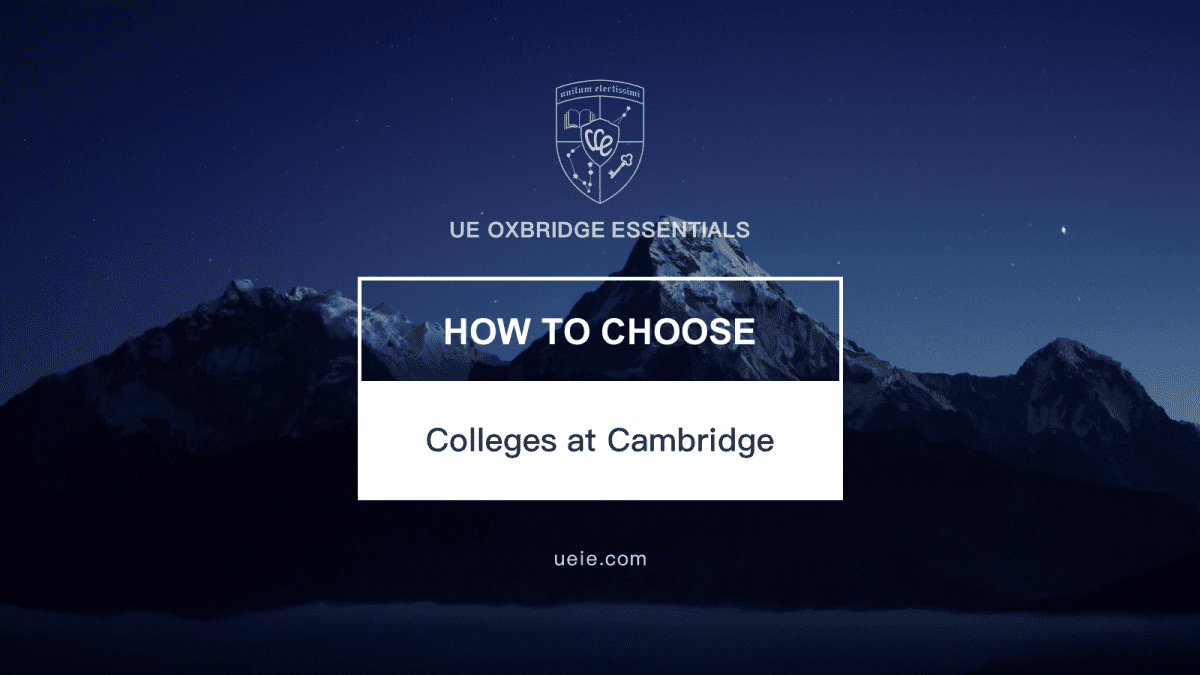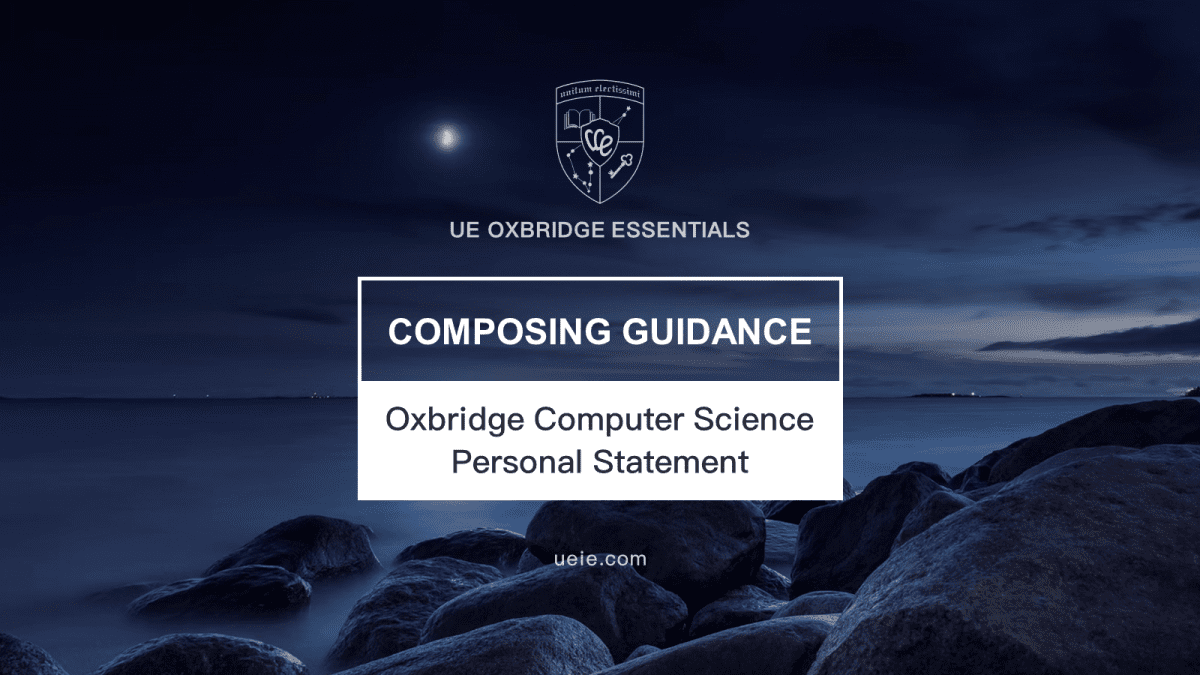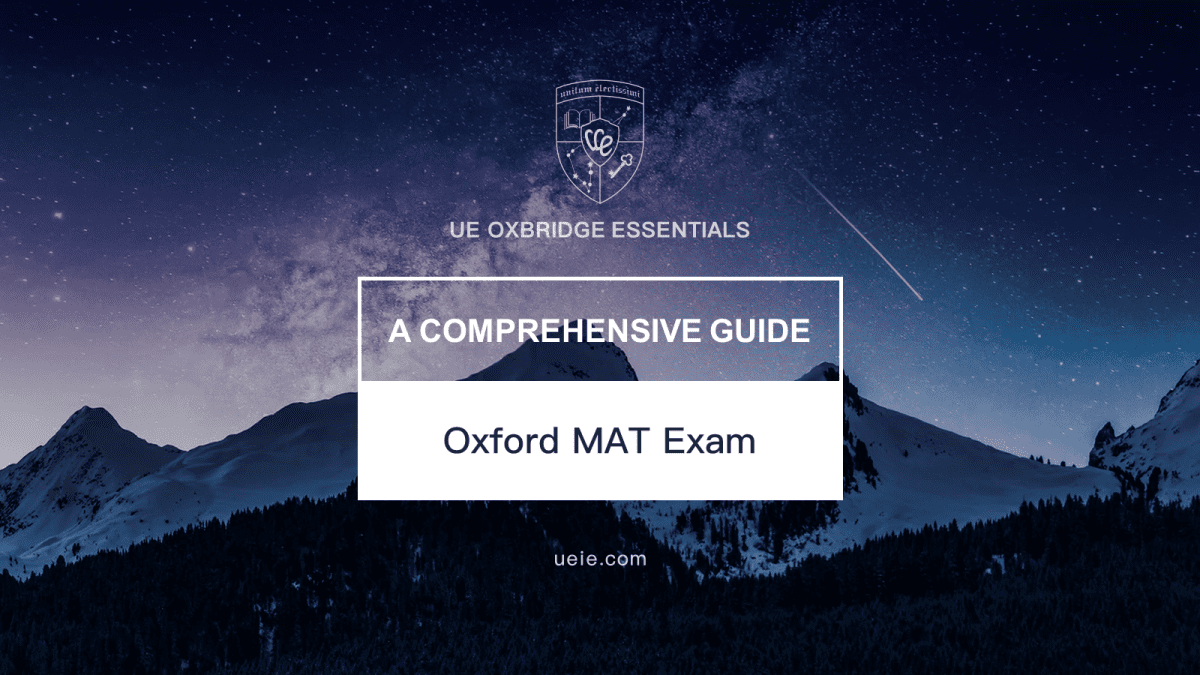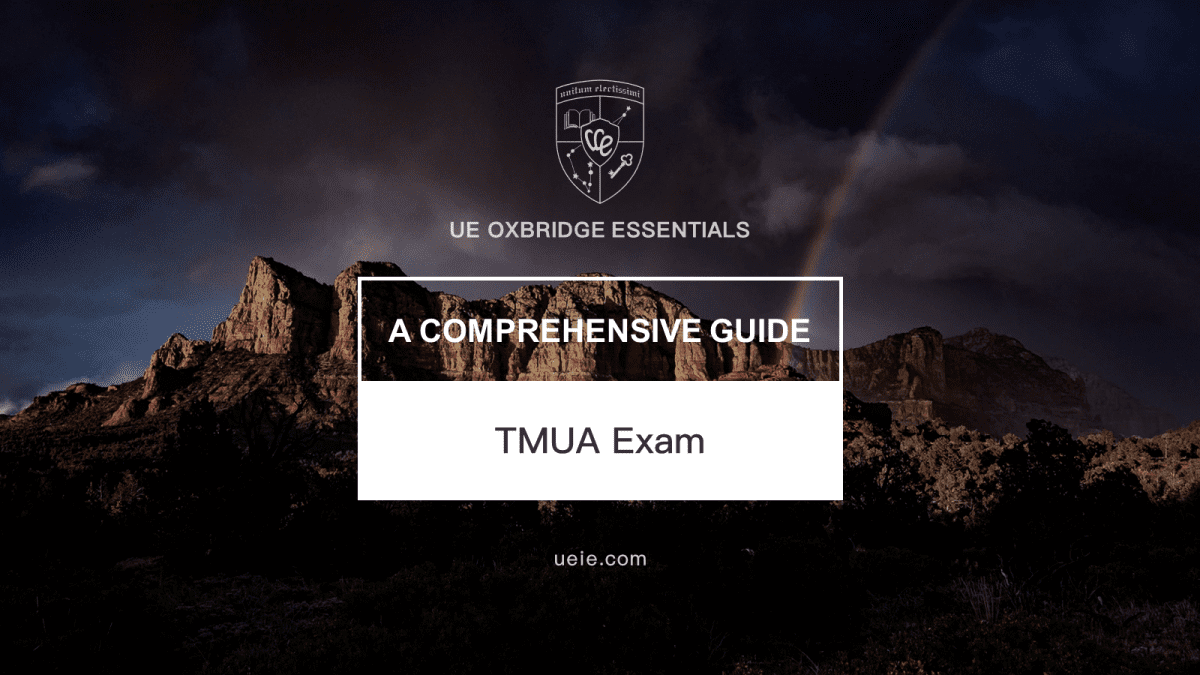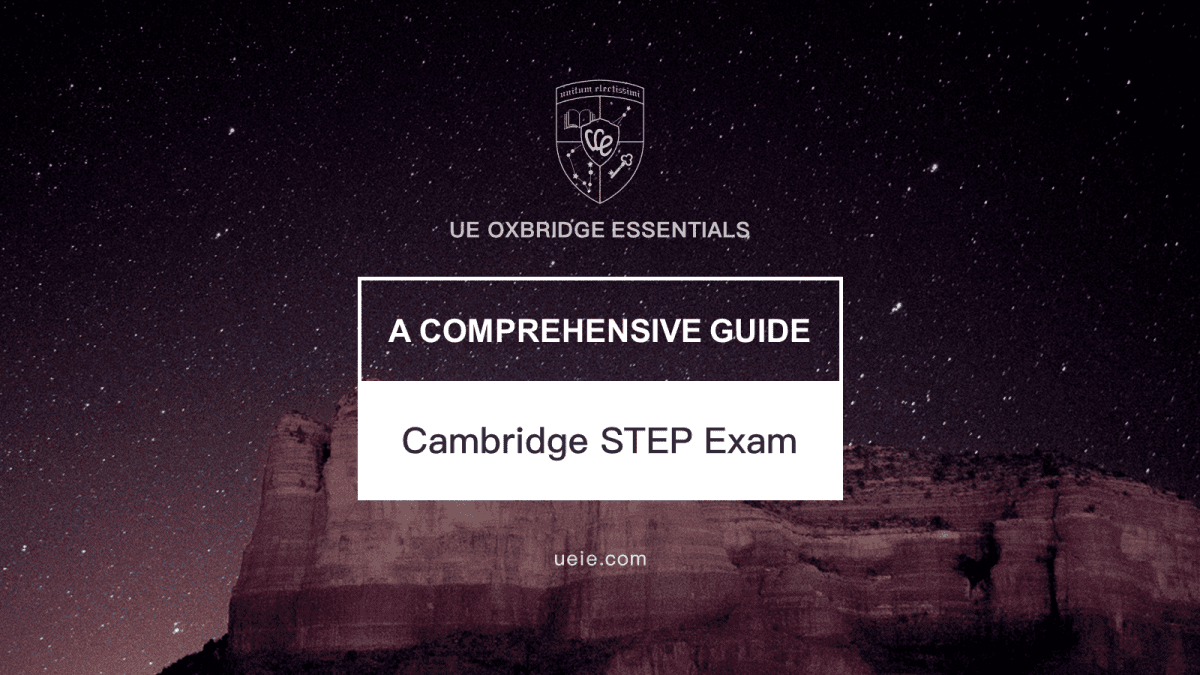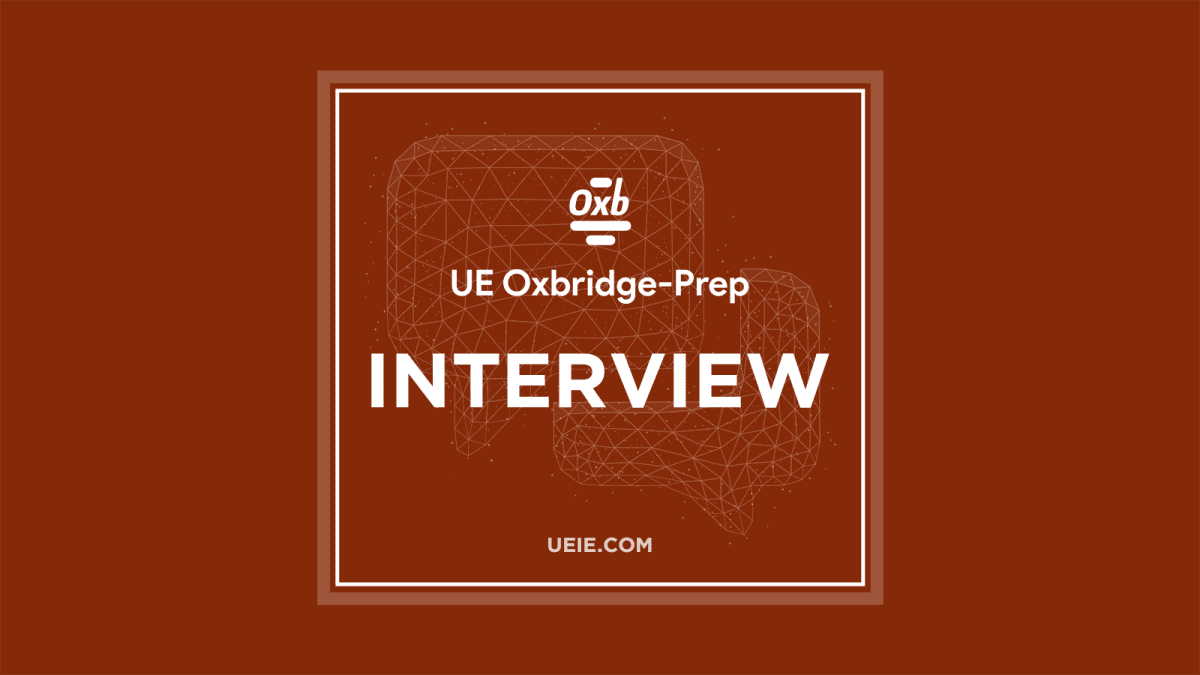I. Common Knowledge to Oxbridge Computer Science Admissions
1. Choose Either Oxford or Cambridge
You can only apply to only one course of either Oxford or Cambridge in a same academic year, rather than applying to both the two universities.
2. Apply Through the UCAS
- You are required to submit your application through the UCAS (Universities and Colleges Admissions Service), which serves as the official admissions platform for universities and colleges in the UK.
- You are only allowed to list up to 5 course choices.
II. Timeline for Oxbridge Computer Science Courses
Timeline for 2025 Entry
2024
June|September | Preparing for the ApplicationChoosing Your Course
Writing Your Oxbridge Computer Science Personal Statement Preparing Your Academic Reference Choosing Your College |
August1 | Registration for TMUA Exam BeginsCambridge Computer Science applicants |
September3 | UCAS Application Opens
2025
III. How to Choose an Oxbridge Computer Science Course?There are three computer science-related courses in Oxford:
Cambridge computer science course:
IV. What Are the Oxbridge Computer Science Admission Requirements?1. General Admission RequirementsThe general admission requirements for Oxbridge computer science courses are outlined in the table below:
2. Cambridge's Official Statement on Reference Criteria for AdmissionExpectations of the Cambridge Computer Science Department
The conclusion of the above data is as follows: 81% of students studying A Level achieved A*A*A* or above. What’s more, the percentage of students taking respective courses is 100% for Mathematics, 96% for Further Mathematics, 85% for Physics, and 59% for Computing. Meanwhile, the majority of IB students scored at least 43 points (HL 777) or above. Therefore, it is recommended and important to look at the statistics and information provided by the Univerisity of Cambridge rather than relying on general admission requirements. 3. Oxford's Official Statement on Reference Criteria for AdmissionExpectations of the Oxford Computer Science Department
Three keywords are very important: ability, potential, and commitment. In conclusion, the admissions officer specifically mentioned that the computer science course involves a lot of mathematics, and they expect students to achieve excellent results in mathematics without any requirements for students’ knowledge reserve in computer science. However, the Oxford computer science course needs students who are interested in computers and programming and who are full of curiosity. For students applying for computer science and philosophy, there are specific requirements for students’ critical thinking abilities. 4. What is the significance of extracurricular activities in applying for a Computer Science program?Oxford University's expression in terms of extracurricular activities.
The information above can be summarized as follows: Oxford does not regard extracurricular activities and competition results as essential references for admission like American universities but pays more attention to students’ academic ability and potential. So, experience related to computing and mathematics is what admissions officers value most. Which is easier to apply for, computer science at Oxford or Cambridge? Let’s analyze the admission statistics from previous years. V. Application Process and Required MaterialsThe application process of applying to Oxbridge computer science is not complicated. There are some important details you need to know and materials to prepare before applying. 1. Materials Required for UCAS ApplicationWhen applying to Oxford or Cambridge through UCAS, you must confirm or submit the following information:
2. Differences between the Application Processes for Oxford, Cambridge, and Other UK UniversitiesThe application process of applying to Oxford and Cambridge through UCAS is similar to other universities in the UK, with the exception of certain courses and circumstances. However, there are a few important points to know:
3. Official Undergraduate Application Process for the University of Cambridge
Play Video
4. Official Undergraduate Application Process for the University of OxfordPart 1: What Oxford is Like
Play Video
Part 2: How to Apply
Play Video
Part 3: Preparing
Play Video
5. Language Proficiency and High School GradesLanguage proficiency does not need to meet the admissions requirements before the UCAS application deadline of October 15, 2024, but only the admissions requirements of the relevant courses before August 31, 2025. What’s more, predicted high school grades need to be submitted before October 15th. This score is one of the critical factors for Oxbridge admissions reference. 6. Open Application (Choosing a College)It can be difficult for you to choose a college from the pool of 30 colleges at both Oxford and Cambridge. If you are not that confident or do not care which college to apply to, you can choose an open application on UCAS.
Click the link below to view our blogs about Oxbridge colleges and how to choose a college in Oxbridge. 7. Personal StatementsAs a part of the UCAS application process, every student is required to submit an application essay, also known as a personal statement (PS). The Oxbridge computer science personal statement serves as a tool for universities to better understand students’ interests in the subject and course. It also allows students to better understand their academic interests and motivations. Typically, the personal statement should encompass the following aspects:
Click on the link below for more guidance on composing an Oxbridge computer science personal statement and official suggestions from Oxford, Cambridge, and UCAS. 8. Academic ReferencesAcademic references (academic references at Oxford and school/college references at Cambridge) provide universities with a better understanding of a student’s abilities and potential. Admissions officers use these references to assess whether a student’s academic capabilities are suited for the chosen course and if they can adapt to the university’s learning environment. As a crucial component of the UCAS application, universities typically prefer academic references submitted by school teachers or individuals who can provide authoritative insights into a student’s academic background. Please note that academic references must also be submitted before the application deadline on October 15th. 9. TranscriptsTo find out if you need to submit the transcript when applying to the University of Cambridge, you should check the official Cambridge guidelines in the section “Completing My Cambridge Application“. VI. What Preparation is Needed for Applying to Oxbridge Computer Science?1. Do I need to study A Level Computer Science or have a programming foundation to apply for Oxbridge computer science courses?For admissions requirements of Oxford and Cambridge, A level computer science is optional; statistics from Cambridge also show that only about 59% of the students studied the course. Therefore, students can still apply for and successfully get admitted to computer science courses at Oxford and Cambridge without learning A level computer science. Not studying A level computer science does not mean lacking a programming foundation. With the popularity of computer-related courses in primary and secondary schools, most students applying for computer science have mastered one or more programming languages. On the other hand, more and more students now have participated in global computer competitions and won various awards. From the information and statistics above, mathematics and mindset are the most important, not programming fundamentals. It’s not fair and necessary to test specific programming languages in Oxbridge’s written exams and interviews. However, this does not mean that learning programming languages is unnecessary or unimportant. Generally, high school students start learning programming from a specific programming language and gradually touch upon algorithms, data structures, operating systems, networking, and other computer science knowledge. Programming foundations are still the basis for studying computer science courses. 2. Preparing for Oxford MATMAT is required for students applying for computer science, mathematics and computer science, and computer science and philosophy at Oxford. On the other hand, preparing for the MAT exam for 3-6 months is recommended, and the specific preparation time should also consider the student’s academic situation, holiday activity arrangements, etc. But the sooner you start preparing, the better. Please refer to UE’s blogs for comprehensive understanding and preparation suggestions for Oxford MAT exams. 3. Preparing for Cambridge TMUA and CSATTMUA is required for students applying for computer science at Cambridge, which is a mathematics test. Many other universities in the UK require TMUA for mathe-related courses except for Cambridge. Preparing for the TMUA exam for 2-4 months is recommended, and the specific preparation time should also consider the student’s academic workload, holiday activity arrangements, etc. But the sooner you start preparing, the better. Moreover, some colleges at the University of Cambridge require students to take the CSAT (Computer Science Aptitudes Test) during the interview period. Last year, 5 colleges explicitly required the CSAT exam: Gonville & Caius, Peterhouse, Queens’, Robinson, and Trinity College. Whether the CSAT exam is required this year can be confirmed by checking the official websites of each college. The CSAT score is one of the important criteria used by the aforementioned colleges to offer admissions for the Computer Science major. This exam mainly assesses the student’s level of mathematical thinking, logical reasoning abilities, and the application of mathematical knowledge to solve problems similar to computer algorithms. Since the reform of the question types in 2019, the format has become very similar to the Cambridge STEP mathematics exam, but with a slightly higher overall difficulty. The time allowed for the CSAT is very limited, and it is rare for students to complete all questions within the allocated time. Please refer to UE’s blogs for a comprehensive understanding and suggestions for preparation for the Oxford TMUA exams. 4. Should I prepare for the Cambridge STEP in advance?Although applicants to Oxford and Cambridge’s computer science courses are not required to submit STEP scores, they often also apply to Imperial College, which includes STEP scores in its general admission requirements. Therefore, students and parents often ask whether they should prepare for the Cambridge STEP exam in advance. The concerns mainly focus on two points:
Here are few points that Professor Xie Tao frequently shares in his seminars for students and parents:
The above points are consistent with UE students’ Imperial College admissions case: most cases require a STEP grade 2, and very few require grade 1; some students receive offers without STEP score requirements, but such cases are sporadic, often because the students themselves have a high overall quality or have already achieved STEP scores that meet admission requirements. Please refer to the blog for comprehensive understanding and preparation suggestions for Cambridge STEP exams. 5. Interview PreparationIt is advisable to start a mock interview before receiving the invitation. Conduct at least six mock interviews covering various possible question types, scenarios, and topics, which will help improve your on-the-spot response speed and achieve the best interview results. Check our blog about Oxbridge interview preparation. 6. Academic Research ProjectsMore and more students have been participating in university academic research projects in recent years. Experience engaging in academic research and excellent academic achievements can significantly enhance your personal statement and boost your competitiveness when applying to Oxbridge computer science courses. Online research project topics are continuously updated. For more details, please refer to
While preparing for exams and personal statement can take up a significant amount of time, it is still advisable for you to engage in extracurricular reading. Typically, you are encouraged to read two deeply and broadly read more than ten books related to your chosen field. Extracurricular reading can enrich the material for writing your Oxbridge computer science personal statement, making it more appealing. 8.Oxford and Cambridge Summer SchoolsMany summer schools have unique selling points, but not all are worth it, especially regarding teaching staff. Therefore, it is recommended for students to attend summer school with reasonable fees because the purpose is to enhance and get a taste of learning methods at Oxbridge. You can refer to our blog about the summer school of Brasenose College from Oxford. 9. Oxford and Cambridge Open DaysBoth Oxford and Cambridge Universities have open days for students to learn about and visit their preferred universities and colleges in advance. For Oxford University, 2024 undergraduate Open Days will be held on 26 and 27 June and 20 September. And for Cambridge University, currently published undergraduate Open Days will take place on Thursday 4 July and Friday 5 July 2024. For more about the open days and other related events, please check the official websites of Oxford and Cambridge for detailed information. Please refer to the following resources for more information on applying to maths courses at Oxford and Cambridge. Attached: Recommended Readings for Oxbridge Computer Science CoursesOxford and Cambridge officially recommend a list of readings for students applying for computer science, most of which are concentrated in mathematics, functional programming, basic algorithms, etc. Below is a list of some of the books for your reference.
Author:Glenn Brookshear and Dennis Brylow
Publisher:Pearson Year:2018 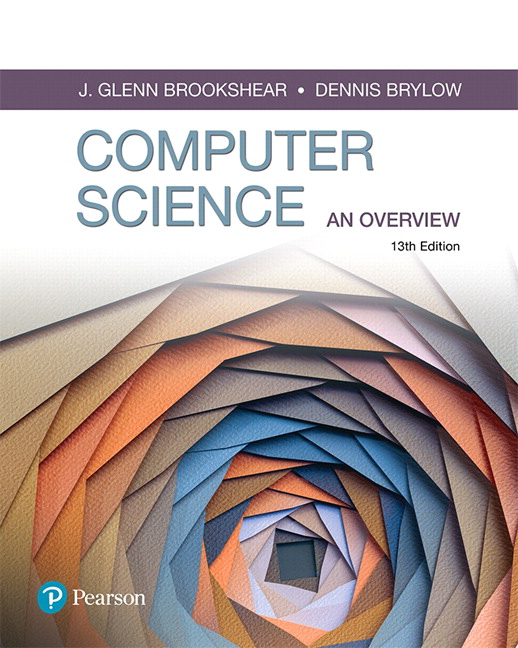
Author:Graham Hutton
Publisher:Cambridge University Press Year:2016 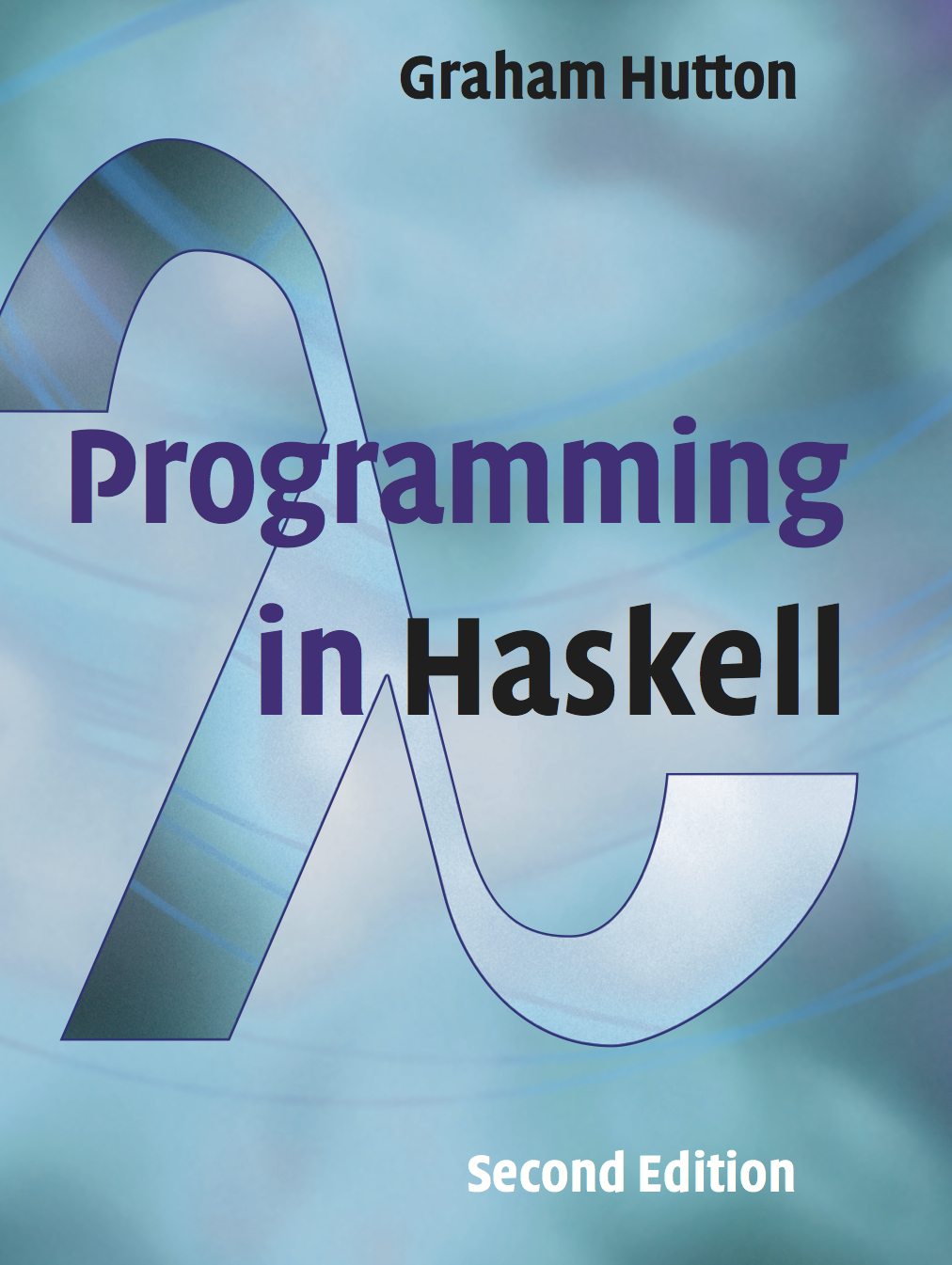
Author:Daniel J. Velleman
Publisher:Cambridge University Press Year:2019 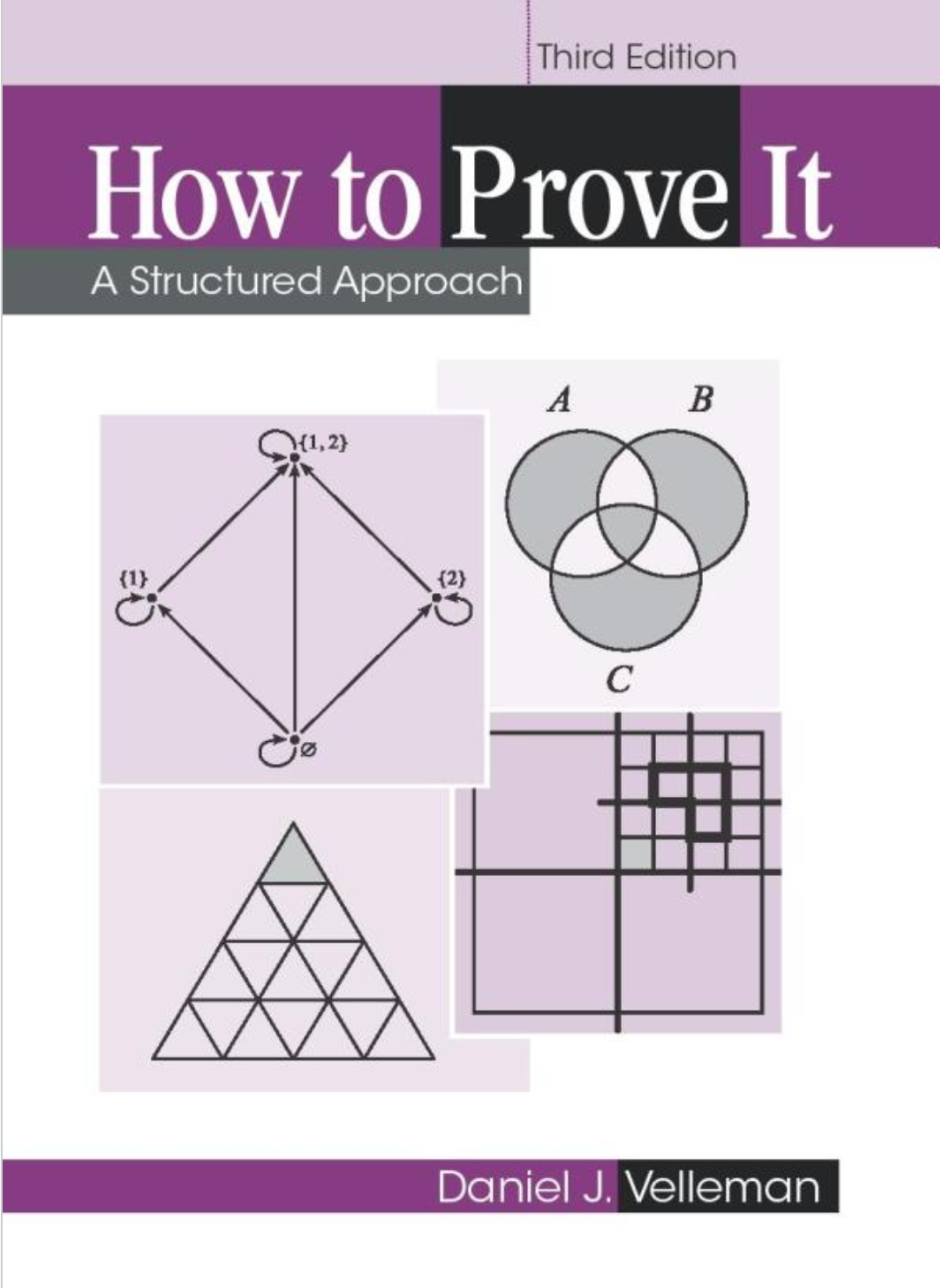
Author:A Kee Dewdney
Publisher:Palgrave Macmillan Year:2003 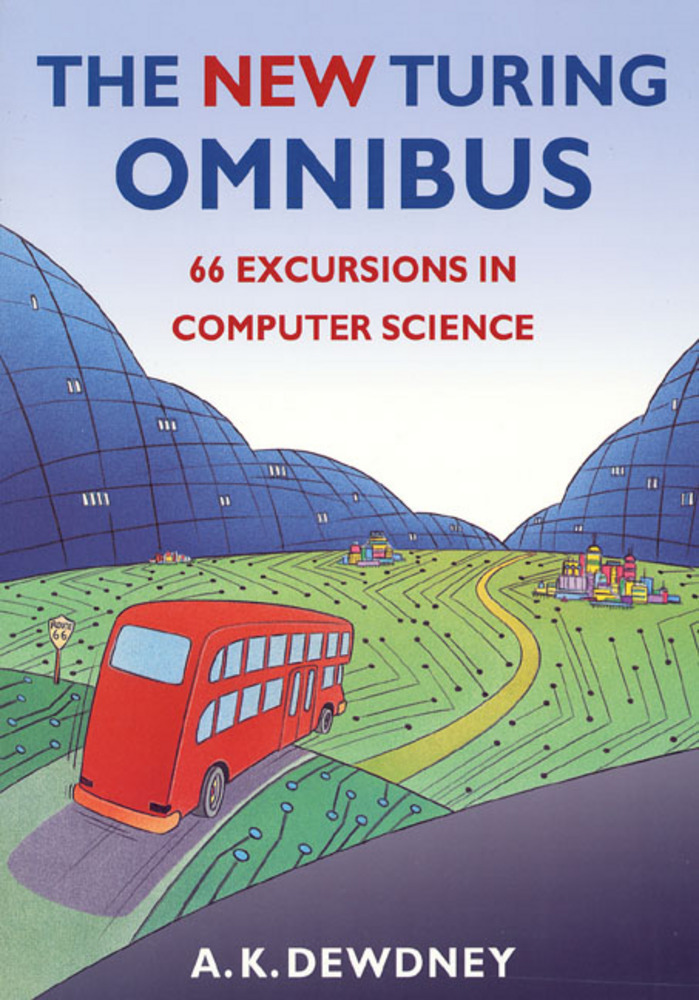
Author:Kevin Houston
Publisher:CUP Year:2009 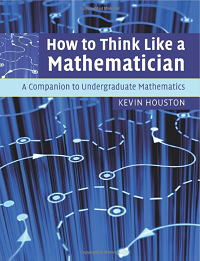
Author:Yaron Minsky, Anil Madhavapeddy & Jason Hickey
Publisher:O’Reilly Media Year:2013 
Author:Keith Devlin
Publisher:Hall/CRC Mathematics Year:2003 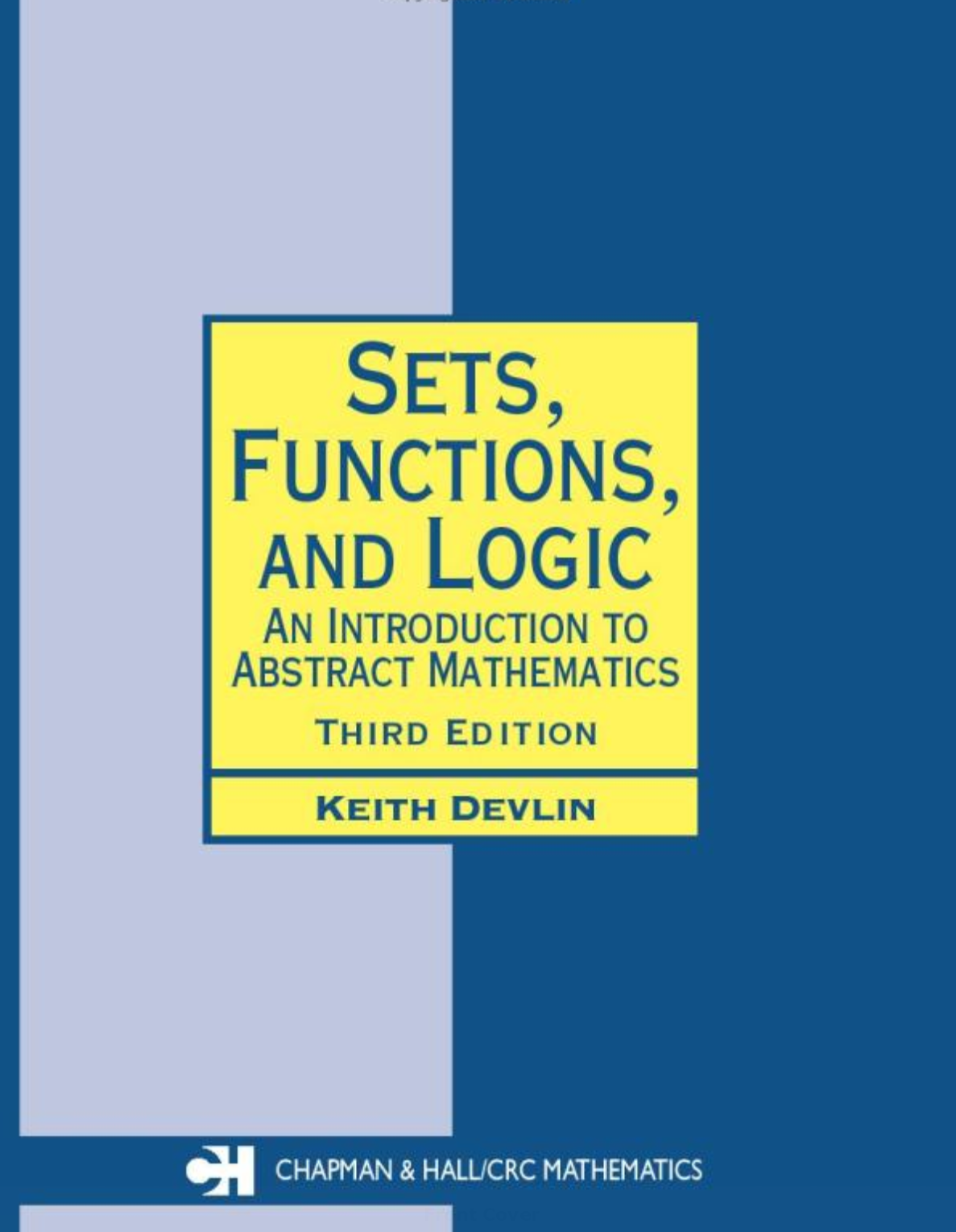
Author:Thomas H.Cormen
Publisher:MIT Press Year:2009 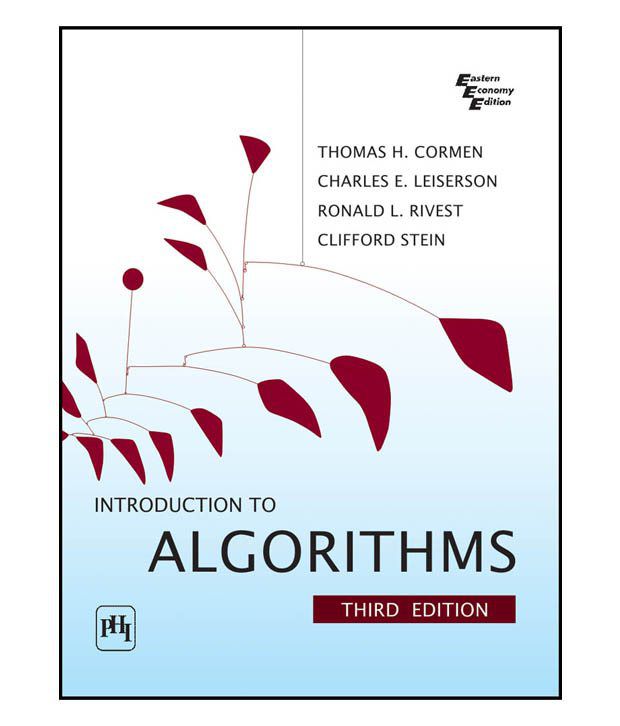
Previous
Next
Follow Us on Wechat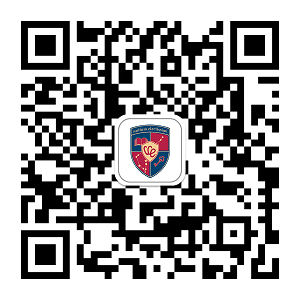 Your amount to pay has been updated
The previous conversion quote has expired. Here is your new quote:
Total
$
You Pay
Back to checkout
Place Order
|

